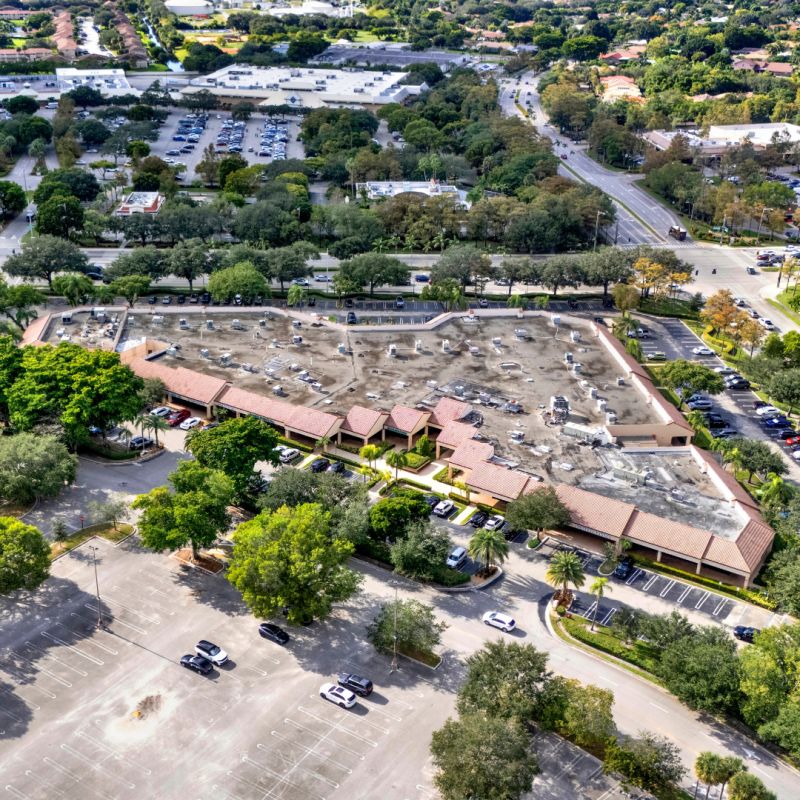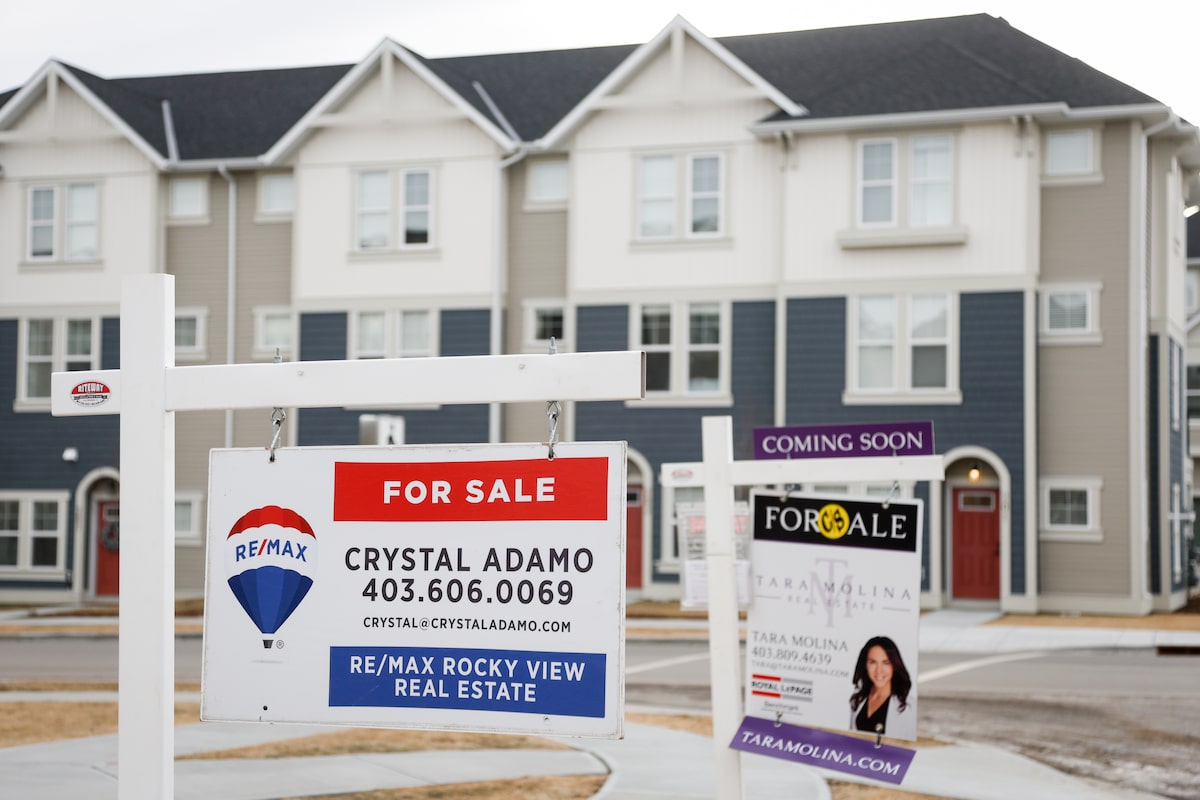A
ccording to a new ULI/PwC Emerging Trends report, Portland ranks 80th of 81 U.S. real‑estate markets for overall prospects, with only Hartford, Connecticut behind. Home‑building prospects place the city 30th nationwide, unchanged from last year. The survey, which asked over 1,200 investors, developers, lenders, brokers and consultants to rate cities for 2026 development and investment potential, shows that real‑estate professionals still favor other markets over Portland.
State and city leaders have been trying to reverse the trend. Governor Tina Kotek and Mayor Keith Wilson met with investors and developers at ZGF Architects’ downtown headquarters in September to discuss ways to revive apartment construction. Participants emphasized that job growth and rising incomes are essential to attract capital. While employment in Multnomah County has lagged behind the broader Portland area, 2023 Census data show median household incomes climbing: Washington and Clackamas counties surpassed $100,000, Clark County exceeded $97,000, and Multnomah County rose to about $83,000—still the slowest growth in the state.
Portland’s decline began in the 2010s, when the city surged in popularity. The 2020 protests, the COVID‑19 pandemic, and the shift to remote work eroded office demand. CBRE reports that a third of downtown office space remains vacant, and leasing revenue has fallen. Business leaders also cite Multnomah County’s high taxes as a deterrent.
Mike Wilkerson, a public‑policy economist, had expected Portland to climb into the mid‑70s in the latest ranking. He says the city’s persistent low placement creates a self‑reinforcing cycle that is hard to break. Despite this, some investors are returning. Downtown skyscrapers have sold at significant discounts, and the October sale of PacWest to Fountainhead Development for $55.7 million illustrates a broader repricing strategy aimed at re‑engaging capital.
Wilkerson argues that the new report does not capture Portland’s incremental progress and that positive momentum is needed to lift the city out of its lowest position.















